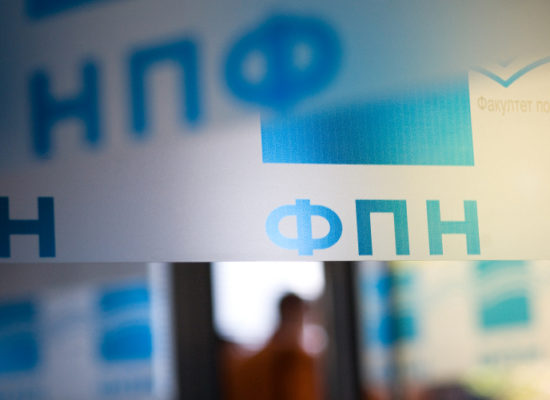CfP: The International Postgraduate (Doctoral) Conference “Rethinking 20th Century Europe”
Historia Europeana together with the Department of History at Masaryk University and with Moravian Matice (Matice moravská) invites you to the International Postgraduate (Doctoral) Conference Rethinking 20th Century Europe: History Interpreted and Instrumentalised, which will take place on 10th – 11th November 2025 in Brno at the South Moravian Region conference hall Žerotínovo náměstí 3/5.
More information at: www.historiaeuropeana.eu
The 12th instalment of the Rethinking 20th Century Europe conference will take place on November 10th – 11th, 2025. This year’s conference will focus on a topic inherent to historiography since its very beginnings.
Both history and past have been subject to interpretation and instrumentalization since ancient times when they blended together with legends and myths in order to legitimise deeds and power of rulers and, above all, to achieve “an eternal legacy”. Modern historiography considers the process of interpretation of its findings based on a critical analysis of primary sources an integral part of historical research. However, in centuries past, interpretation itself was often subject to the needs of rising nations or ruling regimes and their ideologies.
At this year’s twelfth annual conference, we would like to explore the problem of interpreting history and its development over time. We can focus both on the changes in the approaches to inquiry that our branch of science underwent in the modern era, as well as on the methods it used and still uses in pursuit of answers. After all, the 20th century has seen multiple “waves” of new conceptual understanding of what constitutes history, how to view it and how to explore it – from classical positivism through contending ideas of the “meaning of history” to the postmodern deconstruction of the classical concepts of history.
Apart from internal transformations, the development of modern historiography has also been formed by the environment in which the historians existed. Modern history has seen a tumultuous outburst of national and ethnic sentiments that often led to the “end of the old world” in flames of the First World War and creation of new nation states. Soon, the need arose to justify their existence both internationally and towards their own, often bewildered, inhabitants. Naturally, the new countries often turned to the past in order to prove their right to exist citing history – historiography and its interpretations found themselves in the very centre of this process. It comes as natural to compare these often very radical and mutually exclusive interpretations that were doomed to clash repeatedly until they ignited yet another worldwide conflict. In post-war history, we can observe the rise of the perspective of class struggle and dialectic Marxism to the forefront in the new, bipolar world. This era is often characterised by politically motivated or enforced neglect, distortion or direct censorship of inconvenient topics that was by no means limited only to the Eastern Bloc. At the turn of the century, the end of the Cold War brought not only new era of liberalisation, but also ideas about “the end of history” as we know it.
During this entire time, the depiction and interpretation of history was never solely a domain of professional historians, but also one of writers, musicians, dramatists, film makers and, finally, the wider public. Although these views of the past often mix scientific findings with myths, legends and notions of the past handed down for generations, their influence on the society is generally distinctly stronger than one of the results of scientific study. Thus, these should also be paid their due attention.
Various approaches and theoretical concepts can be used to approach the above stated matters – we certainly do not shy away from interdisciplinarity. We expect the contributing articles to focus on wider ideas, as well as to particular topics and events. However, the desired outcome should be to point out the international significance of the topic or wider context and comparison, rather than a narrowed-down study of specific or regional phenomena. We put emphasis on the general context, aiming to interpret the causes, purposes and the consequent effect of the studied events. The time span of our focus is between the early 20th century and the years following the fall of the Eastern Bloc.
More information:

